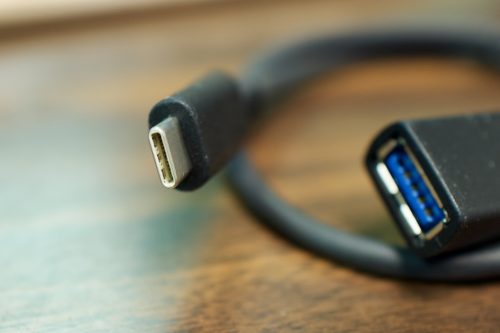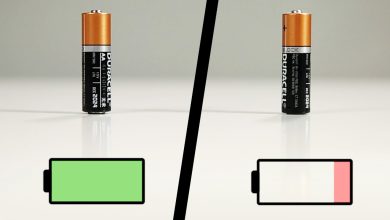Don’t buy these dangerous USB-C accessories

Don’t Buy These Dangerous USB-C Accessories
USB-C accessories are popular for their convenience and versatility. However, not all of them are safe for your devices. Some poorly designed or counterfeit accessories can cause harm. Here’s a guide to help you avoid dangerous USB-C accessories.
Why Are Some USB-C Accessories Dangerous?
Many USB-C accessories are made cheaply or without proper safety standards. These items may overheat, cause damage, or even lead to data theft. Here are some types of accessories to be cautious about.

1. Counterfeit Chargers
Counterfeit USB-C chargers often lack proper regulation, which can cause overheating, short circuits, or even fires. Fake chargers are usually cheaper, but the risks aren’t worth it. Always purchase chargers from reputable brands or certified sources like Apple, Anker, or Aukey.
Red Flags to Look For:
- Unusually low prices.
- Lack of safety certifications (CE, UL).
- Missing or poorly designed packaging.
2. Low-Quality USB-C Cables
Not all USB-C cables are created equal. Low-quality cables may have flimsy construction and insufficient insulation, leading to potential damage or fire hazards. Avoid cables that feel too thin or cheap.
Check for:
- Insufficient protection against electrical surges.
- Lack of certifications like MFi (Made for iPhone).
- Cables that don’t support fast charging properly.
3. Poorly Designed Adapters and Hubs
USB-C hubs and adapters are essential for expanding connectivity, but poorly built versions can be hazardous. Some substandard adapters may cause power surges, overheating, or even destroy your devices.
Things to Watch For:
- Overheating during use.
- USB ports that don’t work as expected.
- Incompatibility with multiple devices.
4. Non-Compliant Power Banks
Not all power banks are suitable for charging your USB-C devices, especially if they don’t meet Power Delivery (PD) standards. Power banks that aren’t PD-compliant can cause overcharging, overheating, and potential damage to your devices.
Signs of Danger:
- No Power Delivery (PD) support.
- Unreliable or inconsistent charging speeds.
- Lack of proper certification.
5. Knockoff Wireless Chargers
Some wireless chargers that use USB-C may be dangerous if they are poorly designed. Fake or low-quality chargers might not be equipped with the necessary safety mechanisms to prevent overcharging or overheating, which can damage your device’s battery.
What to Avoid:
- Chargers that don’t have overcharge protection.
- Devices with extremely low prices and no brand reputation.
- Brands that lack proper certifications.
6. Poorly Built USB-C Extension Cords
While USB-C extension cords can be convenient, the wrong ones can cause performance issues or even fire hazards. Low-quality extensions may not deliver the necessary power to your devices or have unsafe wiring.
Warning Signs:
- Flimsy build and thin wires.
- Lack of safety certifications.
- No ability to handle high-speed data transfer or fast charging.
7. Cheap USB-C to HDMI Adapters
These adapters allow you to connect your USB-C device to an HDMI port, but not all are safe. Cheap adapters might not handle video output properly or could cause power surges.
Be Cautious of:
- Lack of brand recognition or reviews.
- Cheap, poorly constructed designs.
- Inconsistent video output quality.

How to Protect Yourself
- Buy from Trusted Brands: Always choose well-known brands like Apple, Anker, or Aukey, which have a proven track record.
- Look for Certifications: Check for CE, UL, or MFi certifications that ensure safety.
- Read Reviews: Customer feedback can reveal hidden issues with products.
- Test Products: After buying, test chargers, cables, and accessories before using them for extended periods.
Conclusion
Don’t fall for the lure of cheap, low-quality USB-C accessories. Counterfeit chargers, low-quality cables, and non-compliant power banks can damage your devices or put you at risk. Protect your devices by choosing accessories from trusted sources with proper certifications.




